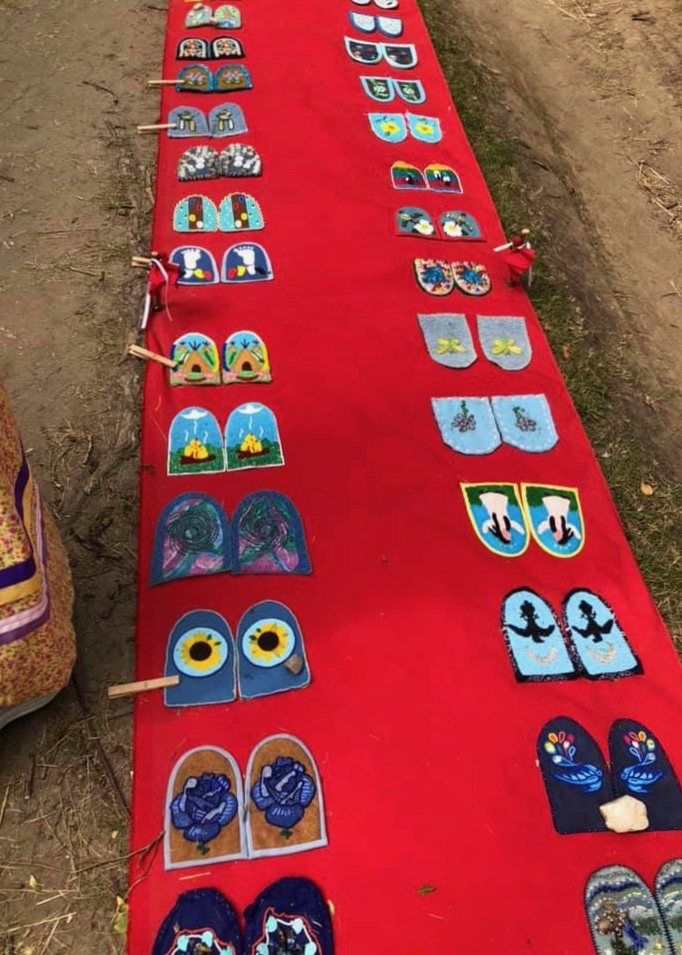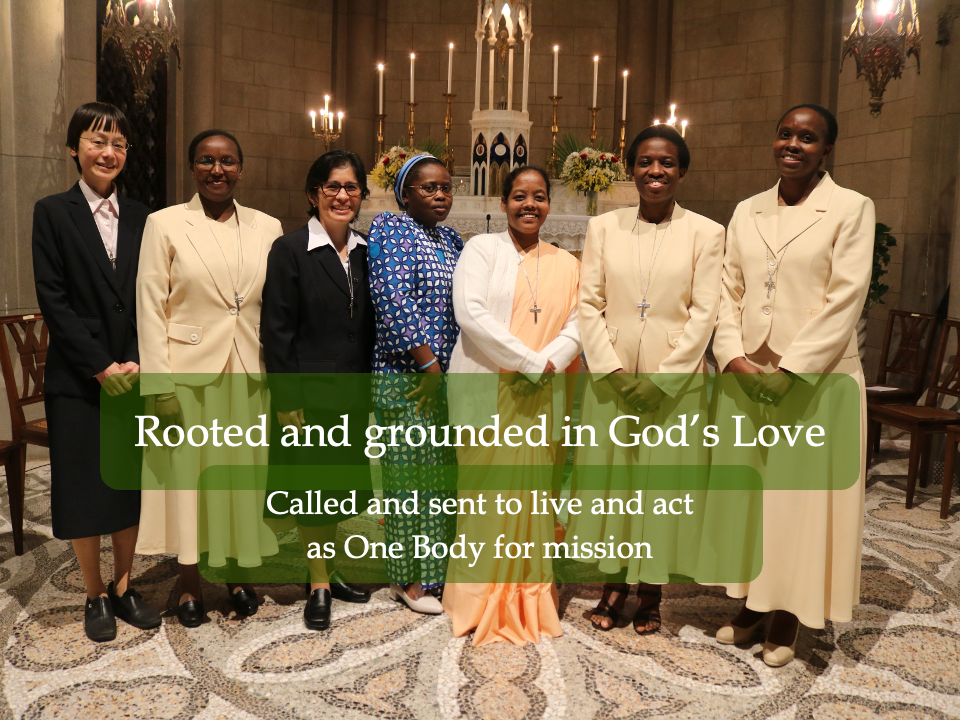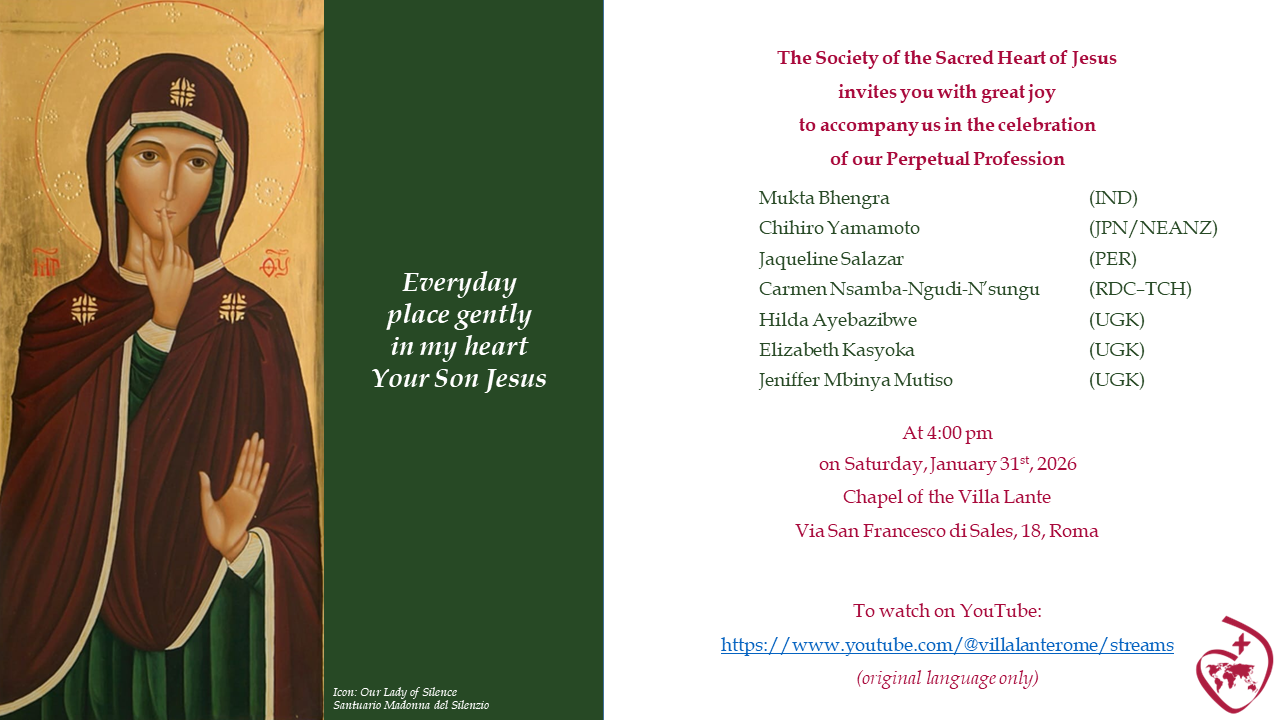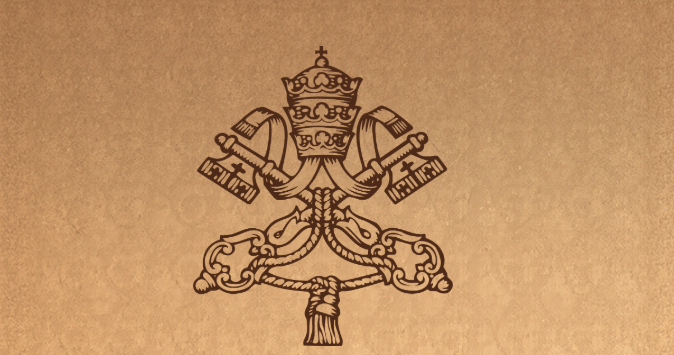More than 2000 Indigenous women and girls have gone missing or have been murdered in Canada in the past 30 years. I know several families who are directly affected by this reality. It is true that in Canada many reported cases of missing or murdered Indigenous women and girls have not been properly investigated. Often investigations into reports of missing and murdered Indigenous women and girls are not completed, are dismissed by law enforcement, or filed as non-suspicious. However, those women who have survived, and the families of those still missing or murdered know differently and do not forget.
In recent years, stories of the missing and murdered Indigenous women and girls have been supported by evidence that demonstrates Indigenous women and girls in Canada are:
-
12 times more likely to go missing than any other demographic;
-
16 times more likely to be killed or disappear than white women;
-
make up almost 25 percent of all female homicides in Canada from 2001-2015.
Seven years ago, Christi Belcourt, an Indigenous woman and community visual artist, founded Walking With Our Sisters (http://walkingwithoursisters.ca/). Many joined as Christi shared her dream to bring awareness through art to the problem of missing and murdered Indigenous women and girls in Canada. Families of missing and murdered Indigenous women and girls were invited to participate by beading vamps (decorating the tops of moccasins) to remember their beloved sisters, mothers and daughters who are missing or murdered.
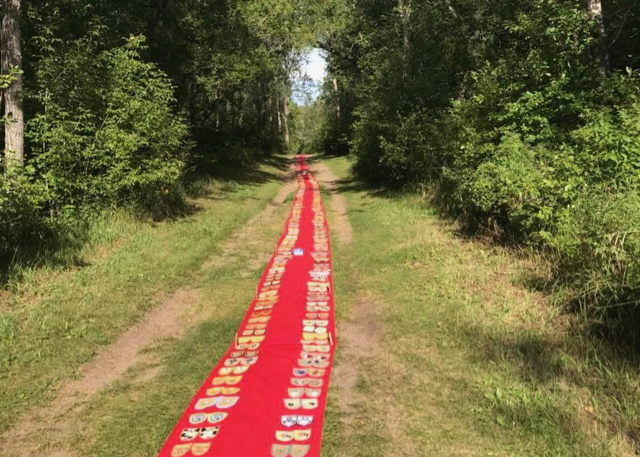
In August 2019, I was among over 100 volunteers at the closing ceremonies of Walking With Our Sisters. The event was Indigenous-organized and run by the River Women of the Metis Nation in Batoche. Along with other Indigenous and non-Indigenous women, I worked in the Counselling and Wellness Tent. We were there to support families who came to remember and honour their sisters, daughters, and mothers who are missing or murdered.
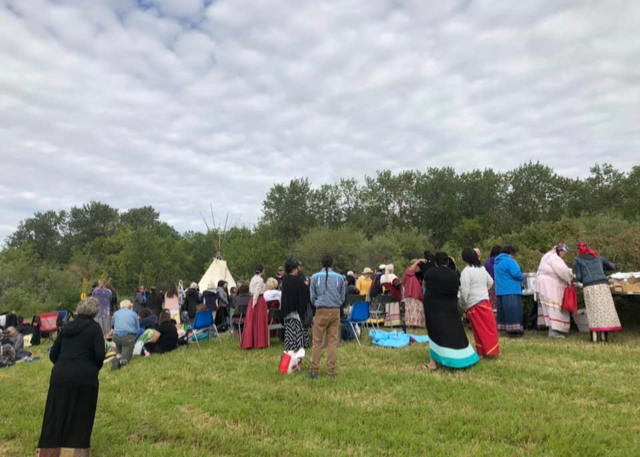
I’m humbled, honoured and grateful to have been a part of Walking With Our Sisters. As RSCJ, we are convinced that “An ethic of caring is fundamental to JPIC. Not only is it a source of hope and inspiration, it is the moral imperative for all our actions for JPIC. Our core values of compassion, relationship and transformation bring the ethic of caring to life” (Being Artisans of Hope in Our Blessed and Broken World). This conviction calls us today, as it did our sisters before us, to practice human dignity and to join others in the work of loving and respecting each other wherever we find ourselves.
Province |United States and Canada
